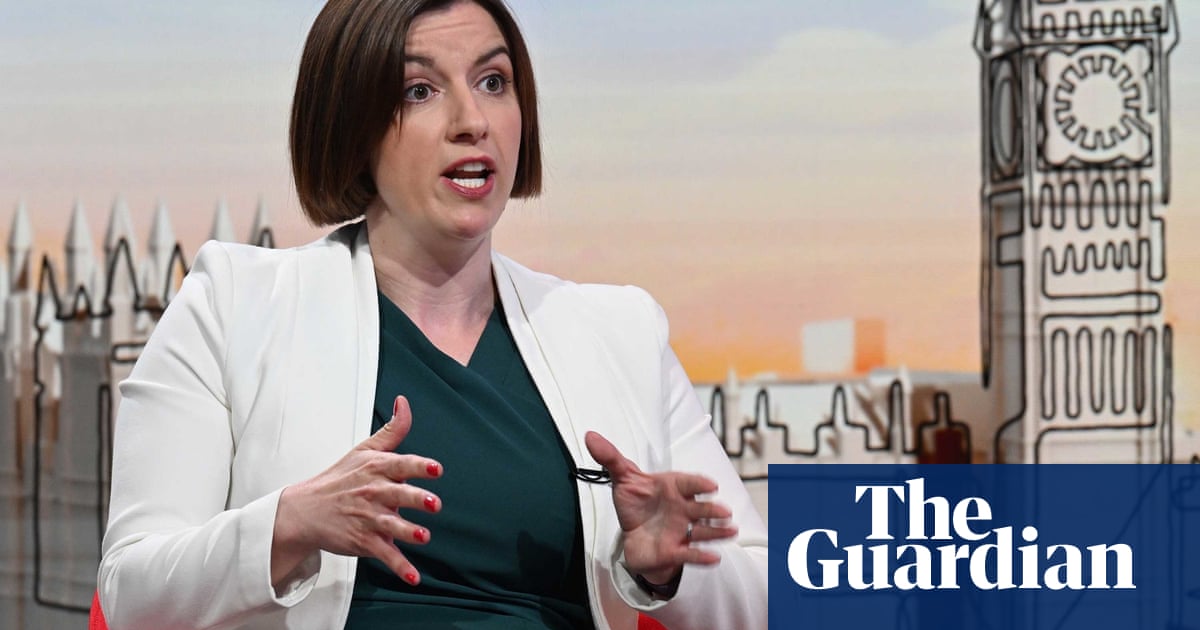
Ocado has been hit by a 30% protest vote against a pay rise and £88m bonus for the online grocer’s directors.
The company said it was not changing its pay plans despite the revolt, representing 29.75% of shares voted at Ocado’s annual shareholder meeting on Wednesday.
The influential advisory groups Pirc, Glass Lewis and Institutional Shareholder Services old investors to vote against the company’s pay report. One shareholder, the asset management firm Blackrock, confirmed that it had done so because of “concerns about the suitability of [the bonus], taking into account both their structure and their size”.
Ocado’s remuneration committee said it did not believe there was a basis to change the scheme as it reflected “the outstanding returns received by shareholders” which had arisen because of the “extraordinary underlying growth and performance of the business”.
Andrew Harrison, the chair of the committee, said that substantial increases in fixed pay were justified because directors’ roles had “materially changed” because of its growing roster of international clients who have bought Ocado’s technology.
He added that 15% of the group’s workforce had also benefited from returns on a sharesave scheme which had paid out £34m in total, with some individuals taking home more than £100,000.
Ocado had earlier reported a 40% increase in sales since 1 March as it benefited from high demand for home deliveries during the coronavirus pandemic.
However, the company does not expect a boost to profits because of additional costs related to managing the crisis, including a 10% bonus for workers, testing delivery drivers for Covid-19 and further investment in IT and infrastructure to meet demand for its services.
Duncan Tatton-Brown, the chief financial officer, said there was uncertainty over whether shoppers would remain keen on home deliveries once the lockdown was eased.
“We are not yet sure when some of the restrictions we have in place will change or the behaviour of customers [beyond] those restrictions or the economic impact [of the lockdown]. There are lots of uncertainties,” he said.
.
Tatton-Brown said the executives were being rewarded for “exceptional performance” under the bonus scheme, which was approved in 2014.
Since its launch shareholders have seen the value of the company increase by £7.5bn to nearly £12bn. “It is what it is. And I don’t think there is more to say,” he said.
Ocado was not banking a windfall from the surge in online grocery sales, he said, and had not benefited from government assistance such as business rates relief or the delay of VAT payments. The company has not furloughed staff under the government job protection scheme.
“We’ve really done our bit and tried to scale up. If we could have scaled faster we would have done. We will keep trying to do more,” Tatton-Brown said.
He claimed Ocado was “outperforming” other supermarkets in offering help to shoppers shielding at home with deliveries to 150,000 vulnerable families, he said.
Tatton-Brown said Ocado had been able to ramp up its deliveries in the past six weeks by improving efficiency at its warehouse in Dordon, near Birmingham, where it was processing nearly 7.5% more items per member of staff per hour.
It has also increased capacity by 27% at its newest facility in Erith, south London, and accelerated the development of its Zoom same-day delivery service in west London a year earlier than planned.
Tatton-Brown said Ocado had hired engineering contractors to speed up work on its warehouses to help meet demand, including two new sites and the rebuilding of one in Andover, which burned down last year. “We are seeing a lot of extra costs,” he said.
Despite delays caused by the need for safeguarding for construction workers during the pandemic, he said the facilities would be completed on time next year. Ocado expected to begin delivering groceries for its new partner, Marks & Spencer, in the autumn as planned, he added.
The company said it had also enabled the delivery of 40% more groceries in total across Ocado and its partner, Morrisons, which uses one of Ocado’s warehouses as well as its technology to drive picking online orders in stores.
He said customers were putting more in their online baskets on each visit. While the amount spent has fallen from the peak in mid-March when families were preparing for lockdown, shoppers are still spending more than usual because they are not dining out and buying sandwiches for lunch.
He said the mix of goods ordered had changed, with the emphasis on pasta, tins and toilet roll in the early days of the pandemic having switched to include more chocolate, wine and other discretionary products.












